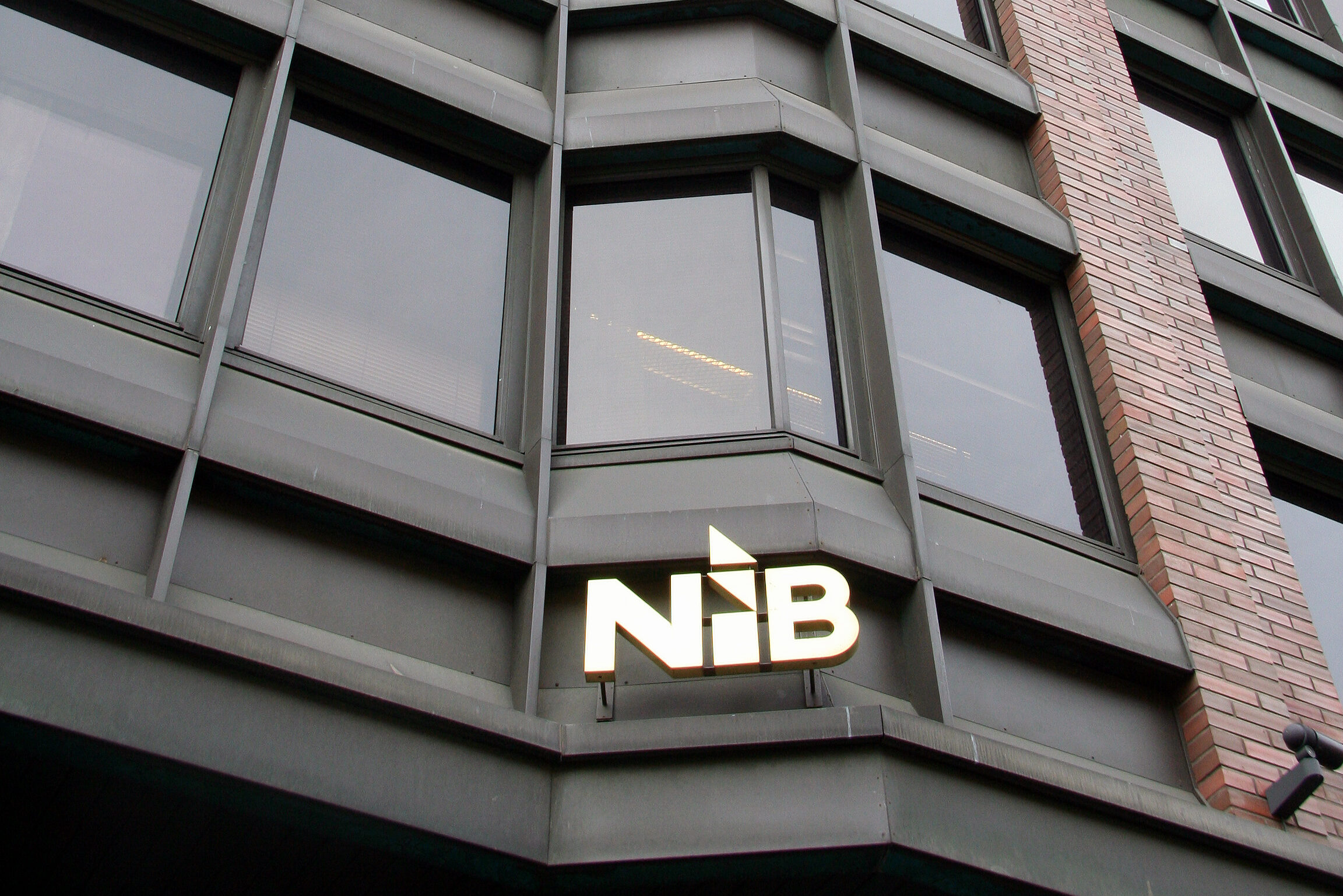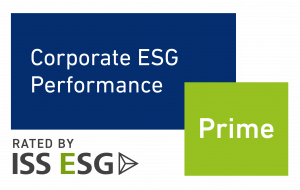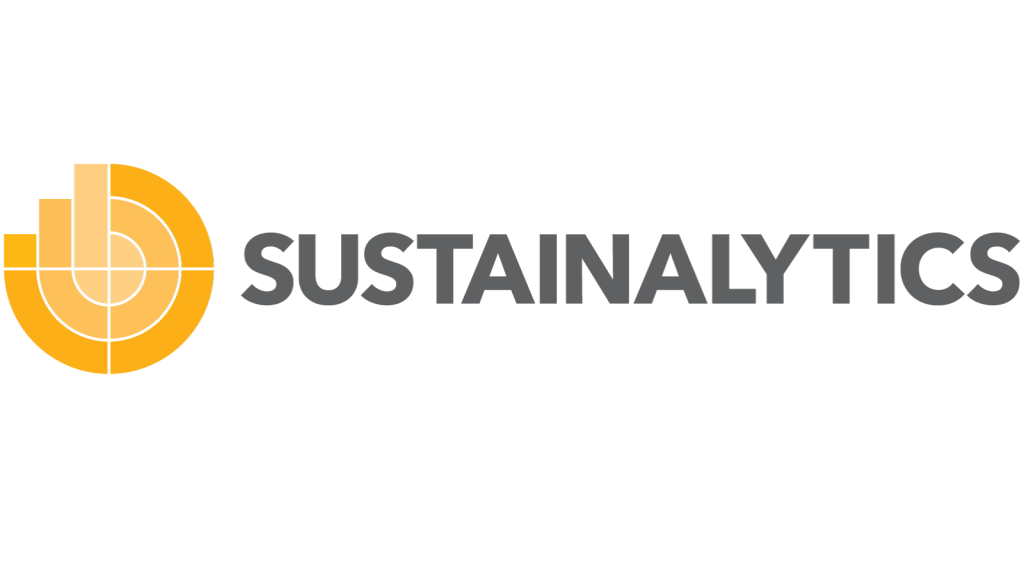Cooperation
We cooperate with other financial institutions, and participate in international and regional forums to promote sustainable finance and the development of common standards and principles for impact reporting.
International financial institutions

NIB has established cooperation with international financial institutions (IFI) such as the Asian Development Bank, African Development Bank, Council of Europe Development Bank, European Bank for Reconstruction and Development, European Investment Bank, Inter-American Development Bank, as well as the IBRD, IDA, and IFC within the World Bank Group.
Furthermore, NIB has cooperation agreements with three regional multilateral banks: the Black Sea Trade & Development Bank, the Central American Bank for Economic Integration CABEI and the Development Bank of Latin America CAF. Through these institutions, NIB can operate also in countries where it has no agreement on financial cooperation.
Financial intermediaries
In addition to financing projects directly with larger companies, NIB channels financing to small and medium-sized enterprises (SMEs) through financial intermediaries. Loan programmes with intermediaries broaden the geography of NIB’s operations, as they allow the Bank to reach companies with specific knowledge of national and regional markets.
In NIB’s member countries, commercial banks usually act as intermediaries. Outside the member countries, NIB cooperates with financial intermediaries, mainly state-owned development banks, and with governmental intermediaries, such as ministries of finance and economy.

Nordic Financial Institutions
The Nordic Development Fund (NDF) is an IFI owned by the five Nordic countries. It focuses on the nexus between climate change and development in lower-income countries as well as countries in fragile situations.
The Nordic Environment Finance Corporation (Nefco – The Nordic Green Bank) is an IFI owned by the Nordic countries. It finances environmental and climate-related projects of particular interest to the Nordic region, with focus on Eastern Europe.
ESG development
Participation in various networks allows NIB to learn and share experiences on climate risks as well as environmental, social and governance (ESG) factors. The Bank is committed to continuously integrate ESG factors in its investment analysis and decision-making processes based on the best available practices.
The Bank’s policies and activities are evaluated by independent ESG data and research providers. The unsolicited ratings allow NIB to track its performance and identify areas to improve. Below are NIB’s most recent scores as rated by different ESG rating agencies.
ISS
ISS ESG has rated over 12,500 issuers for sustainable investment policies. In March 2024, ISS provided NIB with a “Prime C” ESG Corporate Rating.

MSCI
An MSCI ESG Rating is designed to measure a company’s resilience to long-term, industry material environmental, social and governance (ESG) risks. In June 2024, MSCI reaffirmed NIB’s ESG Rating of AAA.
Sustainalytics
Sustainalytics is a leading independent provider of ESG and corporate governance ratings, research and analysis. In December 2024, Sustainalytics gave NIB an ESG Risk Rating of 6.4 (negligible risk).

Commitments and partnerships
We actively participate in global partnerships and networks. NIB cooperates with other international financial institutions and organisations to develop sound, coordinated and effective ways of promoting sustainable finance. In this context, the Bank participates in a number of international and regional forums to develop common standards and principles for greening the financial system. We are committed to transparently report our impact according to international frameworks and standards.

NIB’s Climate Strategy and Science Based Targets initiative (SBTi)
In 2023, NIB launched its Climate Strategy and targets. Our near-term science-based emissions reduction targets has been validated by the the Science Based Targets initiative (SBTi) in February 2025.
InvestEU
The InvestEU programme provides the European Union with long-term financing to leverage both public and private funds to support a lasting and sustainable recovery. NIB became an implementing partner in InvestEU in 2022.
IFRS Sustainability Disclosure Standards
IFRS S1 and S2 are global standards that establish a
baseline of sustainability related disclosures. NIB adapted the standards in 2024.
Network of Central Banks and Supervisors for Greening the Financial System (NGFS)
NIB joined the NGFS as an observer in 2019. The NGFS is composed of central banks and financial supervisors. Its purpose is to help strengthen the global response required to meet the goals of the Paris Agreement.
The Partnership for Carbon Accounting Financials (PCAF)
In 2022, NIB signed up for PCAF to further strengthen the Bank’s climate agenda. The partnership follows NIB’s earlier commitment to the Task Force on Climate-related Financial Disclosures (TCFD).
The Principles on sustainable finance instruments
NIB is on the Executive Committee of the Principles, and its Environmental Bond Framework aligns with the Green Bond Principles. The “Principles” are a voluntary set of guidelines that promote the development of the green bond market.
GRI (Global Reporting Initiative)
GRI is a reporting framework that provides guidance to organisations on how to report sustainability performance. NIB has followed GRI since 2007.
European Principles for the Environment (EPE)
Since 2006, NIB is signatory to the European Principles for the Environment (EPE) concerning environmental management in the financing of projects.
The UN supported Principles for Responsible Investments (PRI)
The Principles for Responsible Investments offer a voluntary menu of possible actions for incorporating environmental, social, and governance (ESG) issues into investment practice. NIB became a signatory in 2019.
Baltic Marine Environment Protection Commission
NIB works together with the Baltic Marine Environment Protection Commission, also known as HELCOM, wit the aim to develop common environmental objectives and actions for the Baltic Sea.
The Coalition of Finance Ministers for Climate Action
A coalition focused on integrating climate considerations into economic policies. NIB joined the Coalition in 2021.
International Financial Institution Framework for a Harmonised Approach to GHG Accounting
Since 2013, NIB applies the International Financial Institution Framework for a Harmonised Approach to Greenhouse Gas Accounting. CO2 estimates are an important parameter in assessing a project’s eligibility for financing under the Bank’s environmental mandate.
Explore more
About us
We are the international financial institution of the Nordic and Baltic countries.
Annual Report
We transparently report our activities, impact, sustainability, and financial performance.
Our impact
We disclose estimated impact on all signed loans, and report on the aggregated impact for different project categories.
Corporate responsibility
We follow key principles to further good governance and sustainable development.